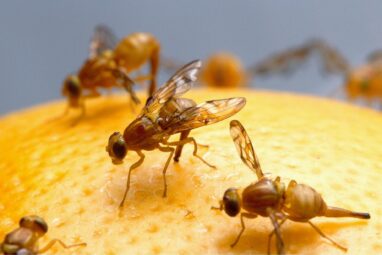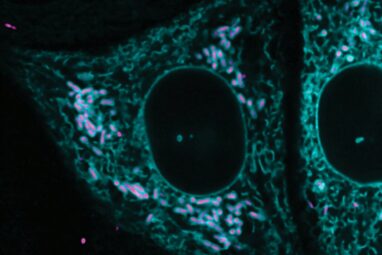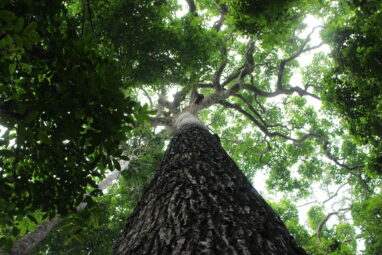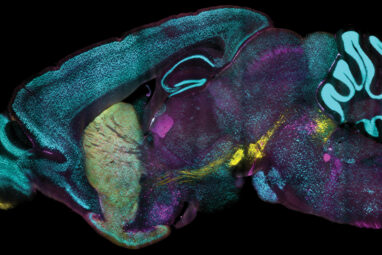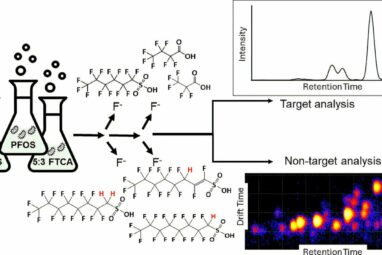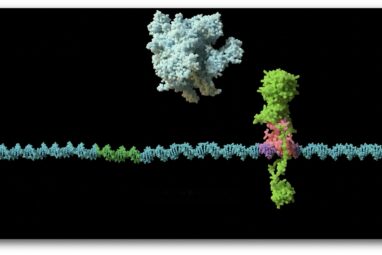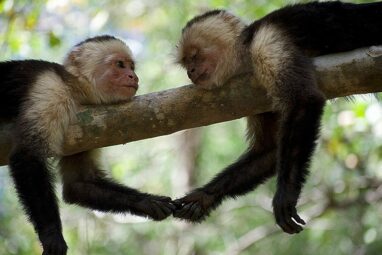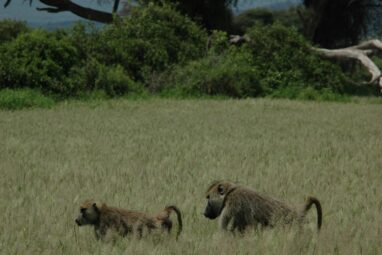How fruit flies mate may hold a key to limiting the spread of diseases by mosquitoes. In a new study,...
In biology textbooks, the endoplasmic reticulum is often portrayed as a distinct, compact organelle near the nucleus, and is commonly...
Researchers from the German Max Planck Institutes of Geoanthropology and Biology Tübingen use genomic data to study the decline in...
A new technology developed at MIT enables scientists to label proteins across millions of individual cells in fully intact 3D...
As the capabilities of generative AI models have grown, you’ve probably seen how they can transform simple text prompts into...
In the quest to take the “forever” out of “forever chemicals,” bacteria might be our ally. Most remediation of per-...
Treating hair loss may be as simple as developing therapies to flip a molecular “switch,” according to a new study...
An international collaboration has achieved an important breakthrough in understanding the genetic mechanisms that allow bacteria to build resistance to...
White-faced capuchin monkeys in Costa Rica who experienced more intense physiological responses to mild droughts were more fit to survive...
A few things come to mind when we imagine the alpha male type. They’re the ones calling the shots, who...
A study published in Proceedings of the Royal Society B, found that while the baboons noticed and responded to a...
Trees need a certain number of warm days in their growing seasons to grow properly; otherwise, the cell walls of...
